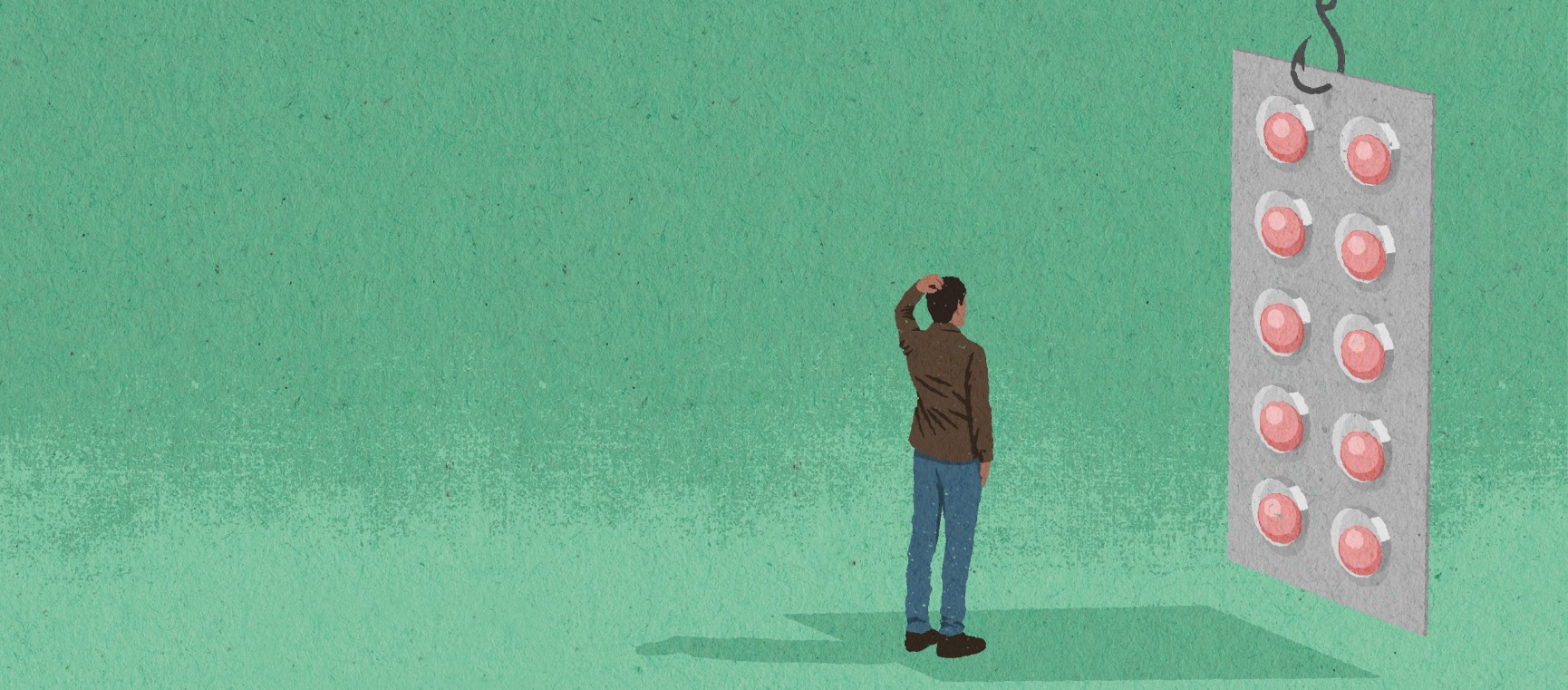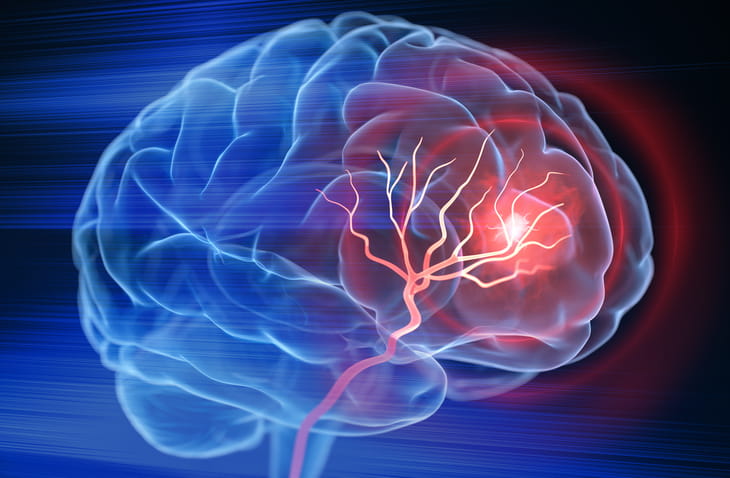
Q. I have been struggling with my mood since retiring just over a year ago. My GP has been very supportive and suggested counselling and talking therapies. Both have helped a bit but I am still struggling, so she prescribed some antidepressants (citalopram).
I didn’t admit it to her during the consultation but I have been put off by stories of people becoming hooked on them, so the packet is sitting unopened on my bedside table. Are they addictive?
I am so sorry to hear what you have been going through. Depression can mean you are probably not thinking as clearly as you might normally, but you really should have shared your concerns with your own doctor – not least because she now thinks you are taking medication that you aren’t.
She will not think any less of you for being reluctant to take the citalopram, and I am sure she would appreciate the opportunity to allay your concerns. In the meantime, I shall have a go.
Depression is very common, with major life events like retirement being recognised triggers, and you are far from alone.
Indeed, as many as one in six adults in the UK will be prescribed antidepressants over the next 12 months. So we have a lot of experience when it comes to possible side effects, which should be listed in the patient information sheet that came with your citalopram.
However, these (often very long) lists of potential problems – anything from sleeping difficulties to an upset stomach – can be off-putting, and it is important to bear in mind that most people take them without any trouble.
Here are a few that I highlight with my patients.
First, they take a while to work and, paradoxically, you can feel worse mood-wise for the first few weeks. And when they do start to kick in, don’t expect miracles. Antidepressants do help most people, but the benefits are often subtle and they are best used alongside other strategies like support, counselling and talking therapies.
Two potential side effects that don’t get mentioned as often as they should is how they might affect your stomach and sex life.
Finally, your concerns regarding addiction. They are not addictive. However, they can be quite difficult to stop due to withdrawal effects like increased anxiety and restlessness.
Citalopram is one of the better types in this regard, but if you have been on it for nine to 12 months or more (as most people are), then it’s a good idea to wean off slowly over a number of weeks.
For more information, try this patient guide from the Royal College of Psychiatrists.

Get the next 3 print editions of Saga Magazine for just £3 when you subscribe and enjoy more content like this, delivered direct to your door every month.
With 26 years experience in practice and a partner in a busy South Gloucestershire surgery, Dr Mark is also resident doctor on BBC One's The One Show, presents Radio 4's Inside Health, writes for The Times, and has popped up on celebrity versions of The Weakest Link and Mastermind.
Dr Mark was awarded an MBE in 2005 for services to medicine.


Facial weakness, a sudden headache and dizziness can all be signs of a stroke, we've got the facts from an expert.

Knee pain is more common as we age: to help we've got the best advice from 3 leading experts with easy ways to make a difference.

Do you know the symptoms of a heart attack? Here’s what to look out for, and how to prevent one.

Front, back or side? Which sleeping position is best for you as you get older, and which ones you should avoid


